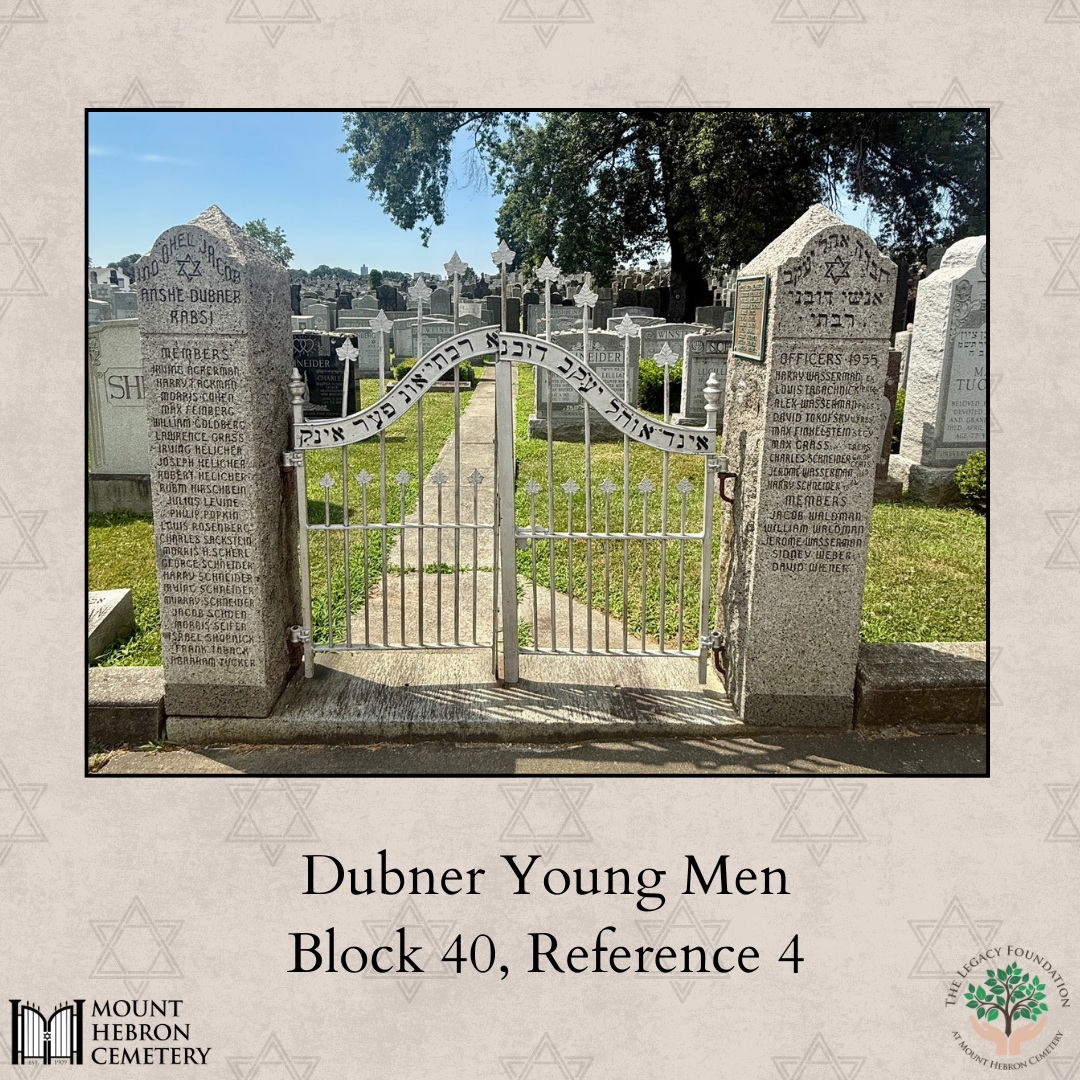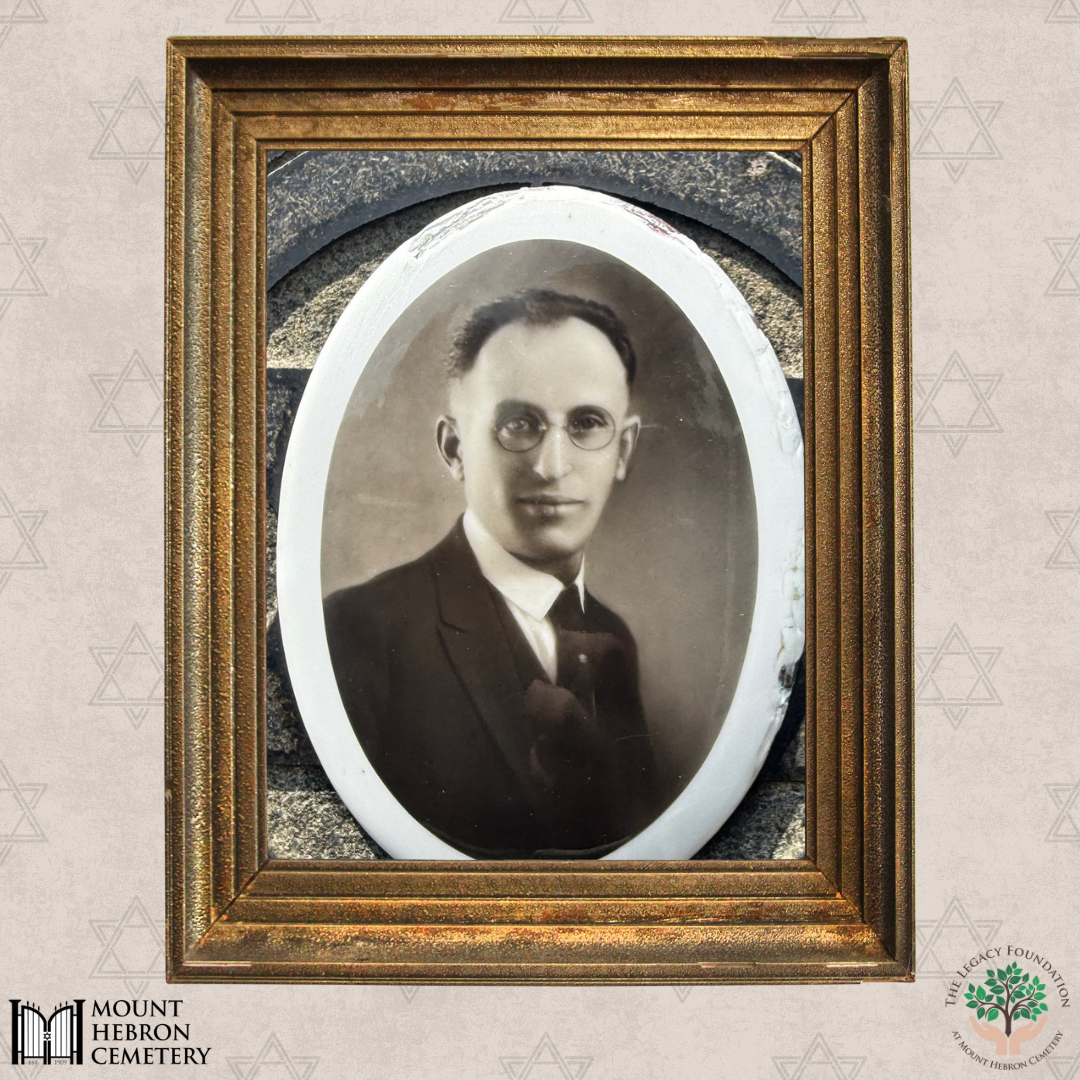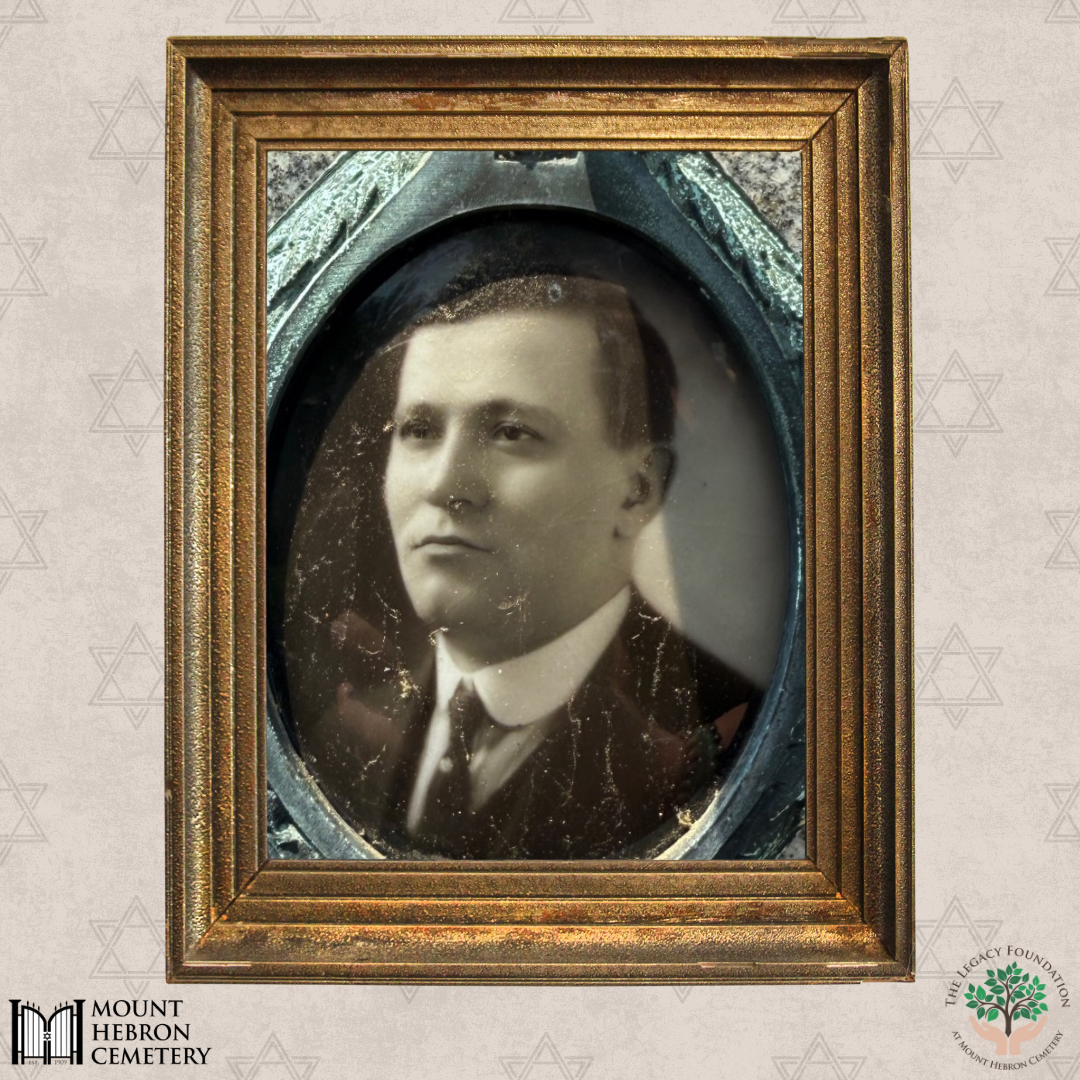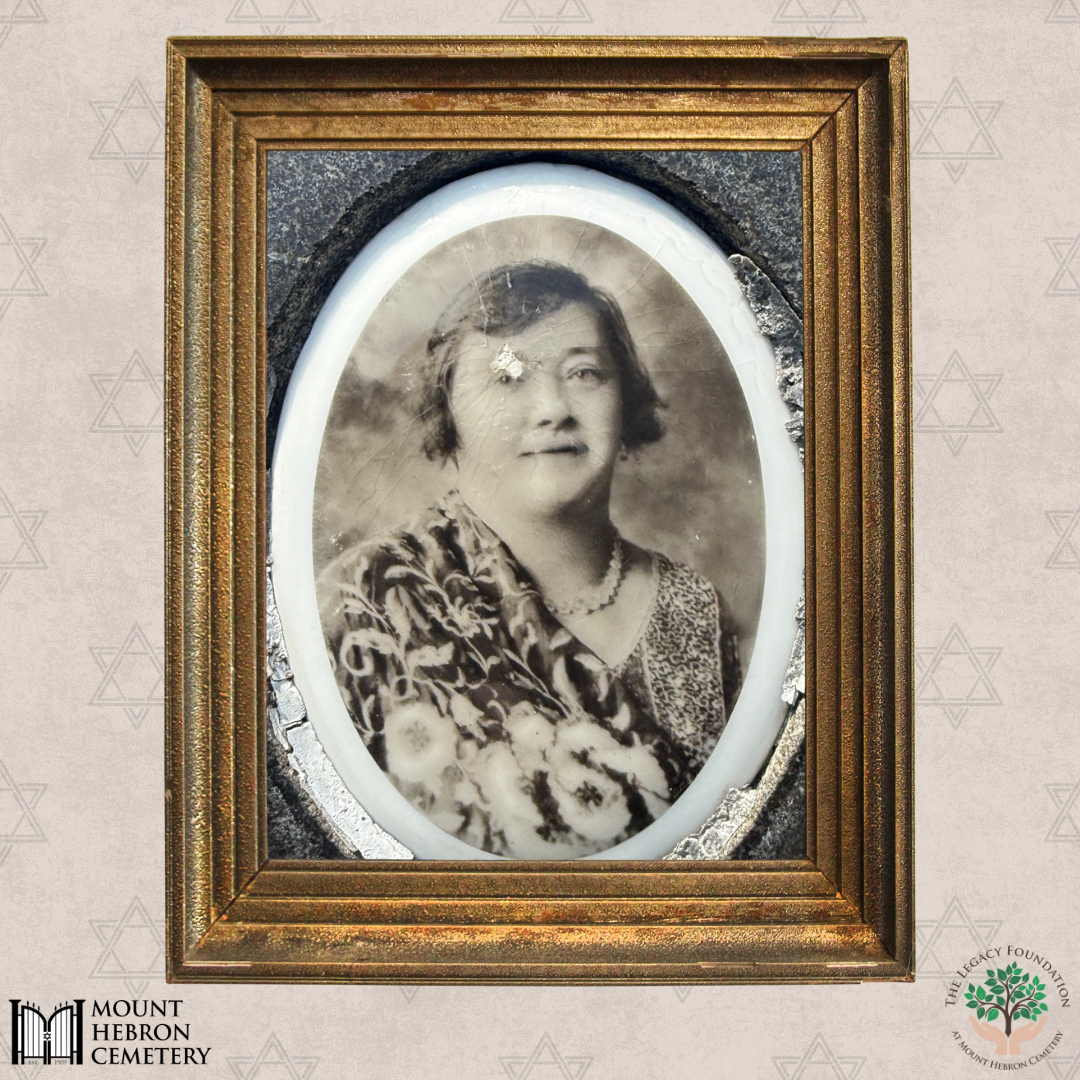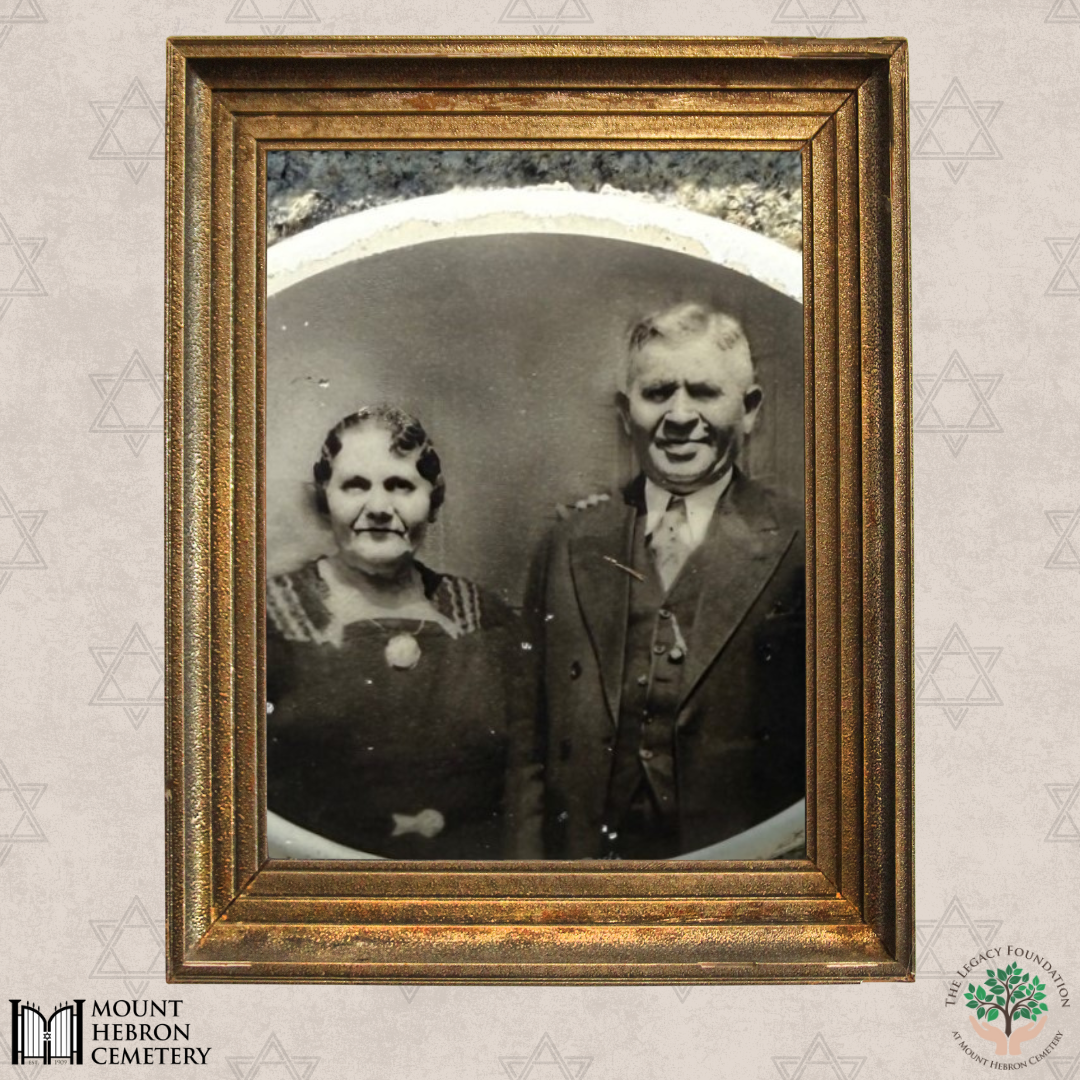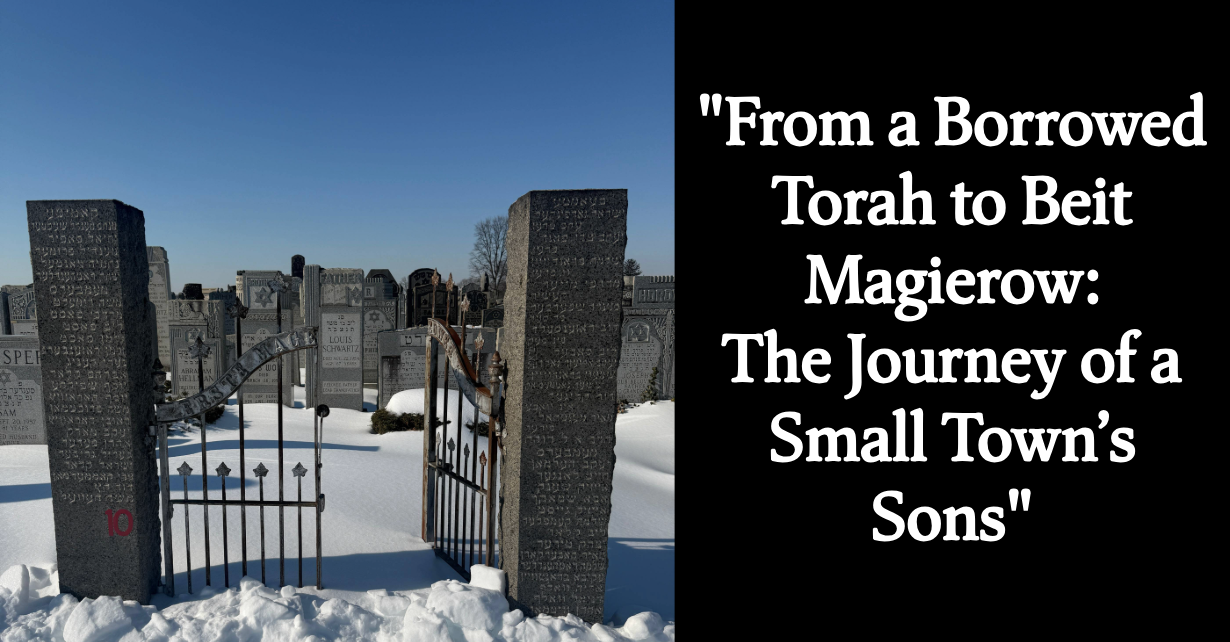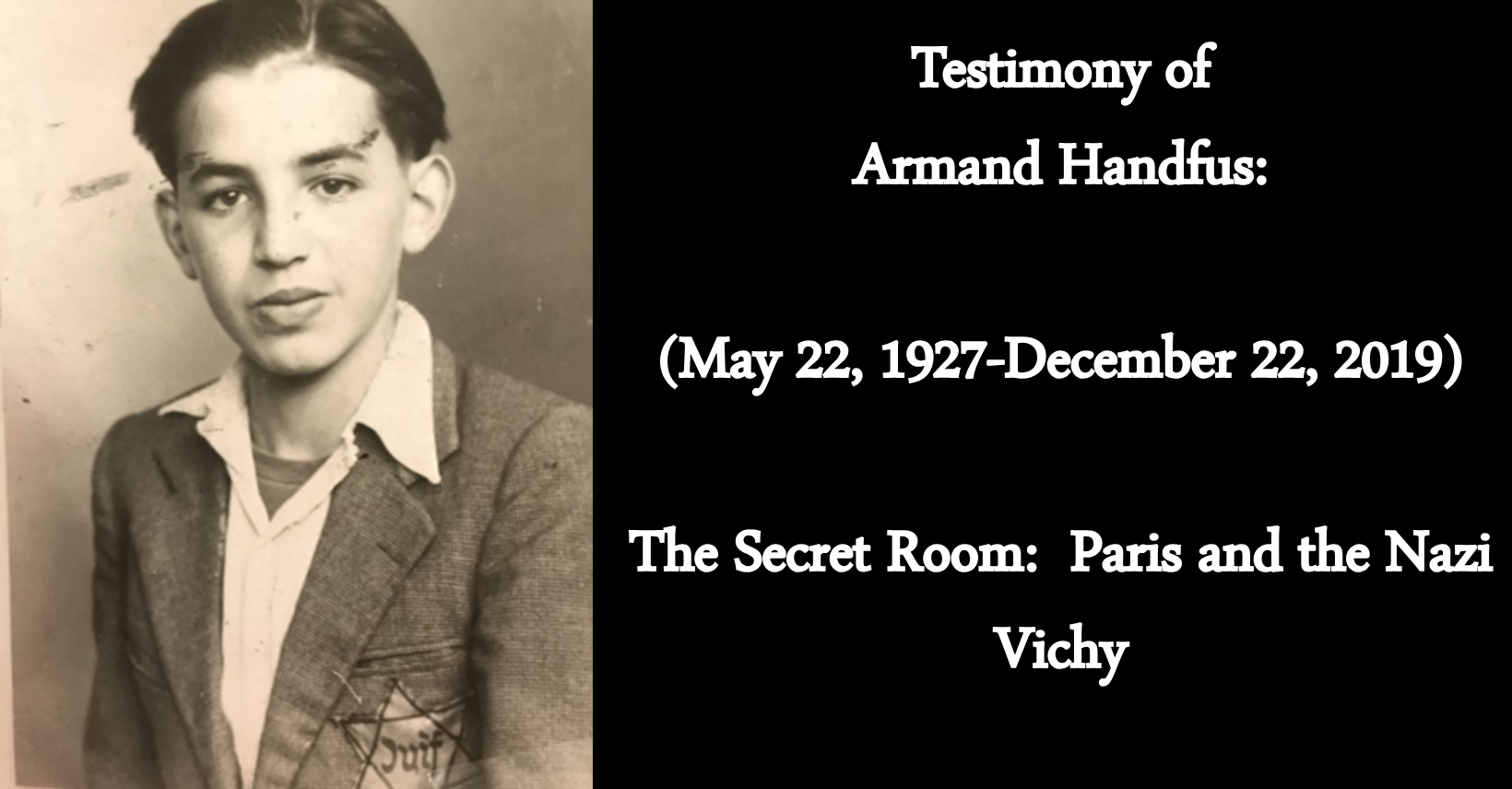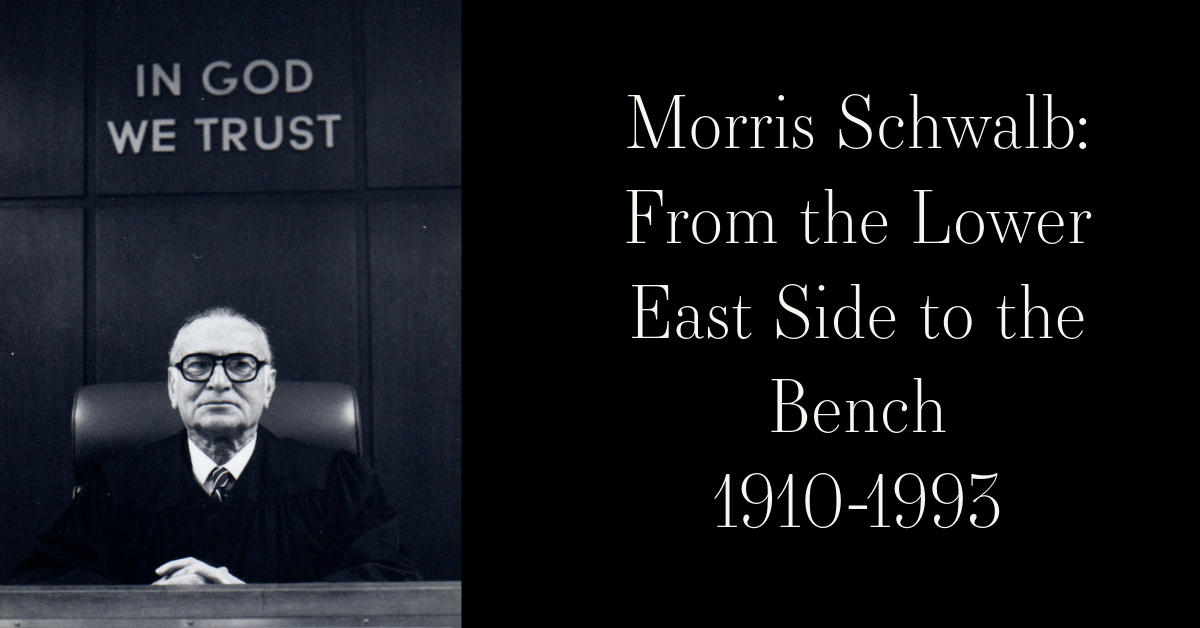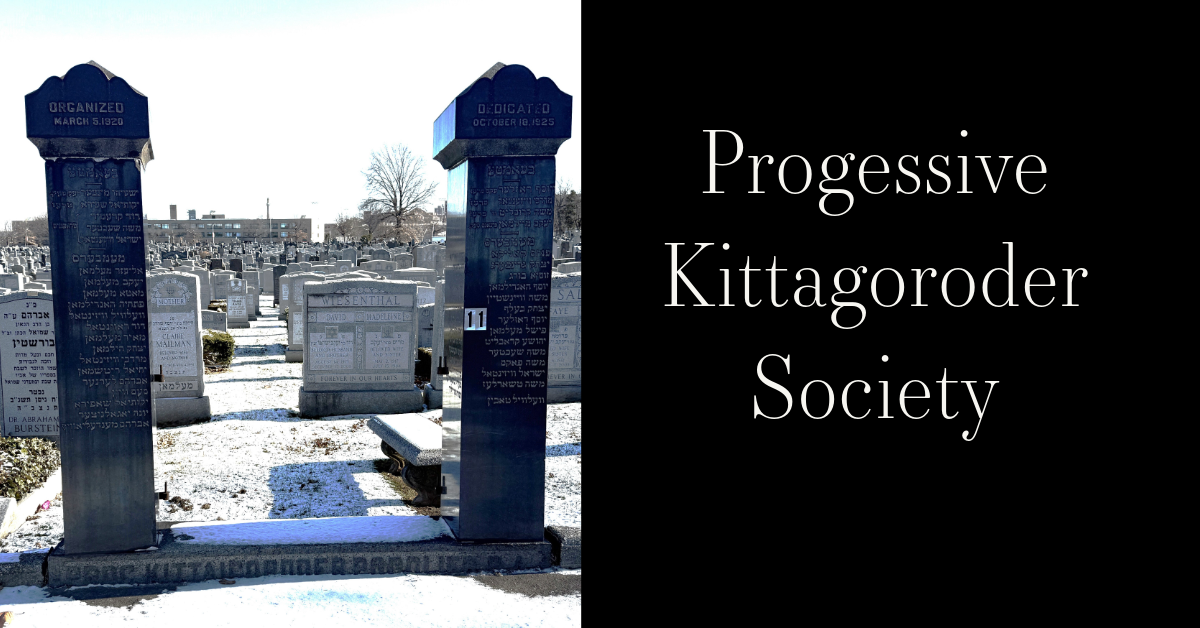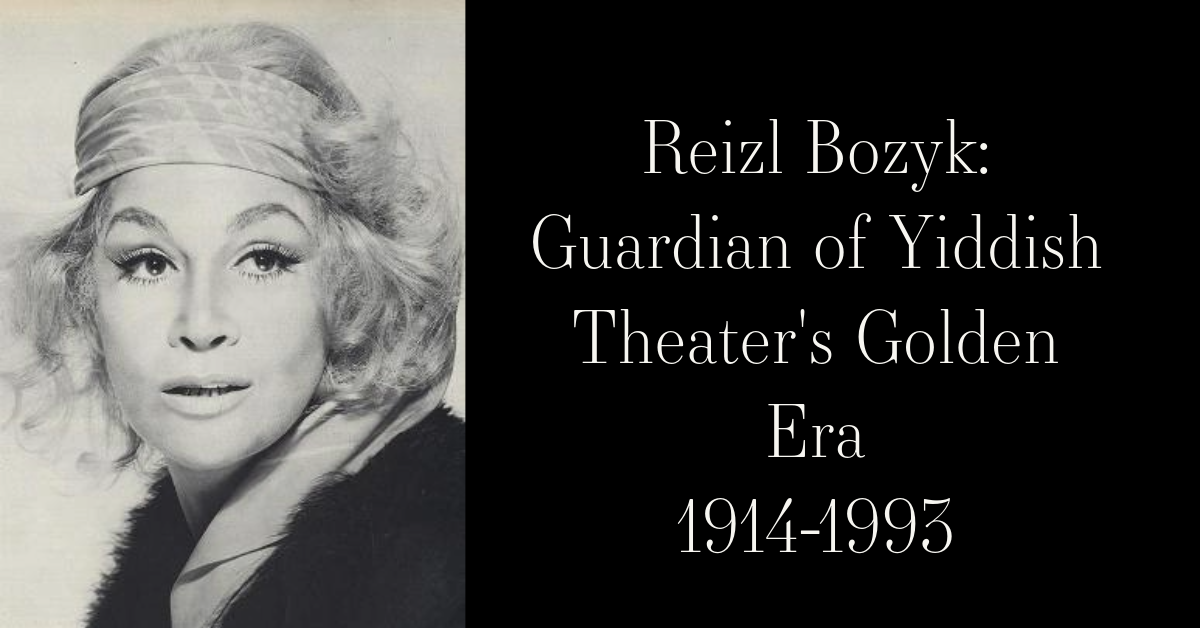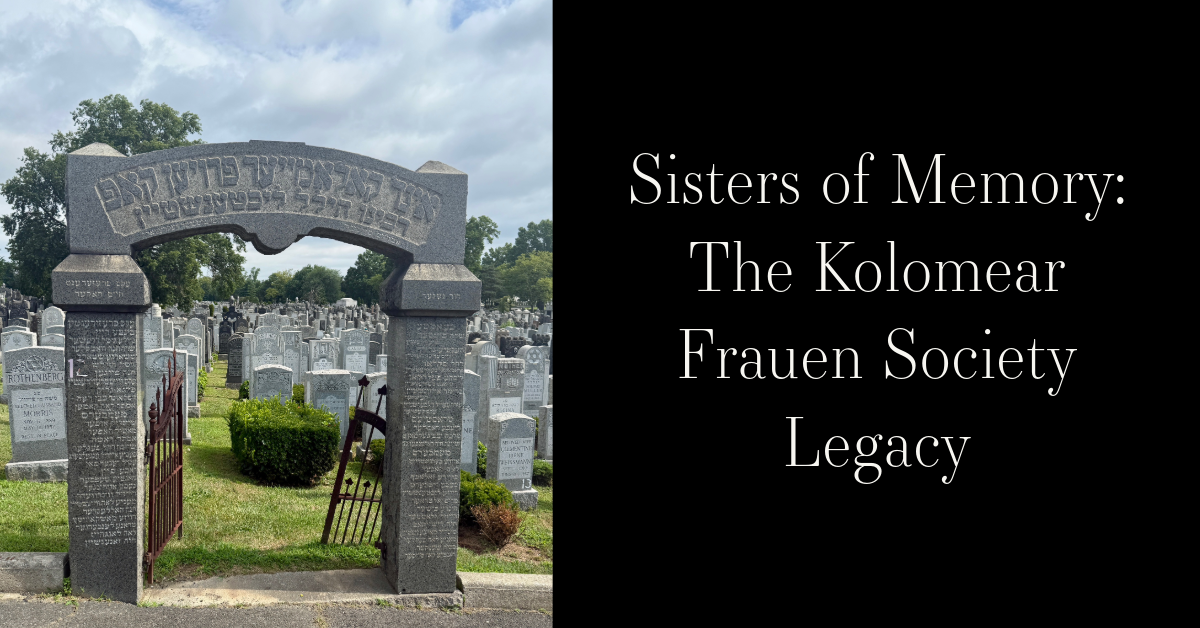Story Summary:
The Independent Dubner Benevolent Society was founded by Jewish immigrants from Dubno, Ukraine, a once-thriving center of Jewish life known for its religious scholarship and cultural richness. Created to provide mutual aid and preserve communal bonds in America, the society became a guardian of memory after the Holocaust, when Dubno's Jewish community was destroyed through mass executions and the liquidation of the ghetto in 1942. Its burial plots and memorials in New York serve as lasting tributes to those lost. Today, through historical research and cemetery preservation, the society continues to honor the legacy of Dubno's Jewish heritage and the resilience of its survivors. ~Blog by Deirdre Mooney Poulos
Carrying Dubno Across the Ocean:
The Independent Dubner Benevolent Society and the Preservation of a Lost World
Dubno, a city in western Ukraine, was once home to a deeply rooted and culturally rich Jewish community, stretching back to the 16th century. Known for its strong Hasidic presence, bustling markets, and active religious life, Dubno was a prominent center of Jewish learning and commerce in the Volhynia region. With multiple synagogues, study halls, and Jewish schools, it fostered generations of scholars, artisans, merchants, and families who formed the backbone of Jewish life in the area. By the early 20th century, Dubno’s Jewish population had grown significantly, making up a large portion of the town’s residents. However, this community, like so many across Eastern Europe, would face the twin catastrophes of displacement through immigration and annihilation through genocide.
As political instability, antisemitic violence, and economic hardship gripped Eastern Europe in the late 19th and early 20th centuries, many Jews from towns like Dubno began seeking refuge and opportunity abroad. The United States, particularly New York City, became a major destination. Among the millions who arrived during this period were Dubner Jews, people from Dubno, who brought with them not only their personal belongings but also their traditions, language, and a deep sense of communal responsibility. In the unfamiliar and often harsh world of American urban life, these immigrants created landsmanshaftn, or mutual aid societies, that served as lifelines for new arrivals. These organizations, such as the Independent Dubner Benevolent Society, provided critical support in times of illness, joblessness, or death, and helped to recreate a sense of belonging rooted in shared origin.
The Independent Dubner Benevolent Society was likely established in New York in the early 20th century by immigrants from Dubno as a way to continue the communal ties they had known in their homeland. Like many similar organizations, the society offered sick benefits, funeral arrangements, and emotional support, and acquired cemetery plots to ensure that its members could be buried with dignity, surrounded by others from the same town. These societies not only met practical needs but also offered cultural continuity in a rapidly changing environment. Through regular meetings, holiday gatherings, and memorial events, members passed on memories of Dubno to the next generation, creating a living bridge between the old world and the new.
Tragically, the world they remembered was soon to vanish. When Nazi Germany invaded the Soviet Union in June 1941, Dubno fell under German occupation. Within days, a campaign of terror against the Jewish population began. Mass executions were carried out by German forces and local collaborators, with thousands of Dubno’s Jews murdered in open pits on the outskirts of town, including at the Lubart's Castle airfield and nearby forests. The survivors were confined to a ghetto and subjected to starvation, forced labor, and ongoing violence until the final liquidation of the Dubno Ghetto in 1942. Of the thousands of Jews who had lived in Dubno for centuries, only a small number survived the war, many of them by escaping to Soviet territories or hiding with sympathetic locals.
In the aftermath, the Jewish presence in Dubno was never restored. Synagogues were destroyed or repurposed, cemeteries desecrated, and entire neighborhoods erased. In this context, the work of the Independent Dubner Benevolent Society gained a deeper meaning. No longer just a social support network, it became a vessel of memory. Its burial plots in cemeteries such as Mount Hebron in Queens became sacred spaces of remembrance, not only for the members who died in America, but for the families and communities that perished in the Holocaust. These sites often contain Holocaust memorials inscribed with the names of townspeople or simple dedications to those who were murdered. Through these memorials, the society ensured that the name of Dubno would not be forgotten, even if the town itself was emptied of Jewish life.
Today, the descendants of Dubner immigrants continue to honor their heritage through genealogy, education, and preservation efforts. Online communities and historical organizations maintain Dubno’s legacy, and cemetery societies such as the Independent Dubner Benevolent Society play a vital role in anchoring that memory in physical space. What began as a practical mutual aid organization has evolved into a living tribute to a lost community, a testament to endurance, connection, and the enduring power of remembrance. In the face of historic tragedy, the society has preserved not only names and dates, but the deeper meaning of communal care and cultural identity.
Through remembrance, research, and community, the spirit of Dubno lives on in New York and beyond, carried by those who never let their town's memory fade.
~Blog by Deirdre Mooney Poulos
Work Cited:
JewishGen Dubno KehilaLink:
https://kehilalinks.jewishgen.org/dubno/
Yad Vashem:
https://www.yadvashem.org/
United States Holocaust Memorial Museum:
https://www.ushmm.org/
Virtual Shtetl – Dubno:
https://sztetl.org.pl/en/towns/d/658-dubno
POLIN Museum of the History of Polish Jews:
https://polin.pl/en
New York Public Library – Jewish Division:
https://www.nypl.org/locations/jewish-division


